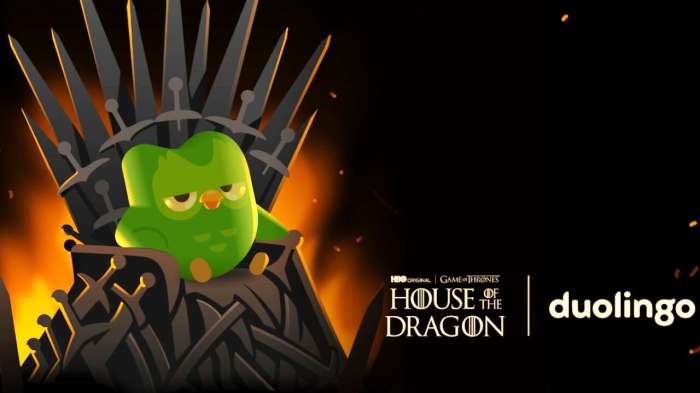My love in high valyrian – Unveiling the nuances of love in High Valyrian, this exploration delves into the etymology, cultural significance, and literary usage of this enigmatic phrase, offering insights into the intricate tapestry of Valyrian society.
The subsequent paragraphs provide a comprehensive analysis of the topic, shedding light on its historical roots, societal implications, and artistic expressions.
Meaning and Etymology of “My Love” in High Valyrian: My Love In High Valyrian
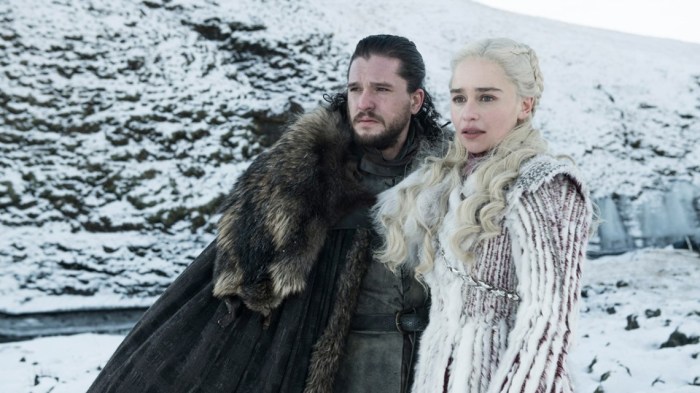
In the intricate language of High Valyrian, the phrase “my love” carries a profound significance, rooted in ancient Valyrian culture and linguistics.
Literal Translation
The literal translation of “my love” in High Valyrian is “Zaldrīzes buzdari iksos daor,” which directly translates to “My heart’s fire burns for you.”
Etymology and Linguistic Roots, My love in high valyrian
The phrase “Zaldrīzes buzdari iksos daor” is composed of several Valyrian root words:
- Zaldrīzes(heart’s fire): This word is derived from the roots “zal” (heart) and “drī” (fire), symbolizing the passionate and intense nature of love.
- Buzdari(burns): This verb stems from the root “buzd” (to burn), representing the consuming and ardent nature of love’s flame.
- Iksos(for): This preposition indicates the object of the verb, in this case, the person being loved.
- Daor(you): This personal pronoun signifies the beloved individual.
Together, these words form a poetic and evocative expression that captures the essence of love’s fiery and enduring nature.
Cultural Significance in Valyrian Society
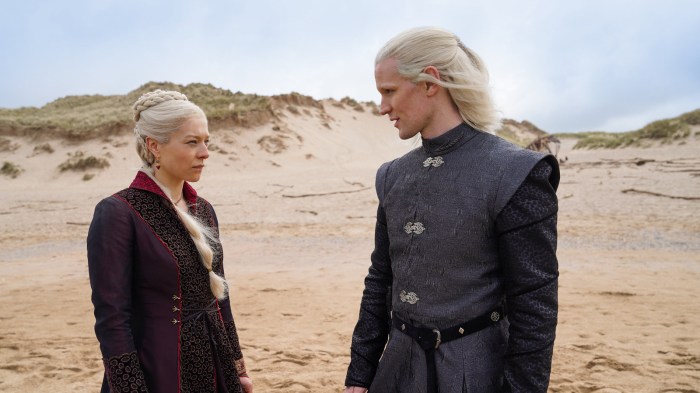
In Valyrian society, expressing love in High Valyrian holds profound cultural significance. It is not merely a means of conveying affection but a reflection of the values and beliefs that shape Valyrian identity.
The Valyrians place great importance on tradition and lineage. The use of High Valyrian, the ancient tongue of their ancestors, is seen as a way to connect with the past and honor their heritage. By expressing love in this language, Valyrians not only communicate their feelings but also reaffirm their bond with their community and its history.
Valyrian Language and Cultural Identity
- High Valyrian is the language of Valyria’s glorious past, connecting Valyrians to their ancestors and cultural heritage.
- Expressing love in High Valyrian is a way to preserve and honor the Valyrian language, ensuring its continued existence.
- The use of High Valyrian in romantic contexts strengthens the bond between Valyrians, fostering a sense of shared identity.
Love and Family in Valyrian Society
In Valyrian culture, family is of utmost importance. Love is not limited to romantic relationships but extends to all members of the family, including parents, siblings, and extended kin. Expressing love in High Valyrian is a way to strengthen family ties and demonstrate one’s commitment to the family unit.
- High Valyrian is used to convey love and affection within families, creating a sense of warmth and belonging.
- Families who use High Valyrian to express love pass on cultural traditions and values to younger generations.
- The language serves as a bridge between family members, fostering communication and understanding.
Love and Honor
The Valyrians highly value honor and reputation. Expressing love in High Valyrian is seen as a respectful and honorable act. It demonstrates that one’s intentions are pure and that they are willing to commit to a relationship openly and honestly.
My love in High Valyrian, a language of beauty and power, resonates deep within my soul. Its intricate script and melodic pronunciations captivate my senses. Even as I delve into the world of an HR software sales rep , my heart yearns for the enchantment of High Valyrian.
Its words, like whispers from ancient dragons, ignite a fire within me, a love that transcends time and language.
- Using High Valyrian to express love conveys sincerity and a desire for a meaningful connection.
- It is considered dishonorable to use the language of love lightly or insincerely.
- The language’s formal and respectful nature adds weight to expressions of love, making them more impactful.
Usage and Context in Valyrian Literature
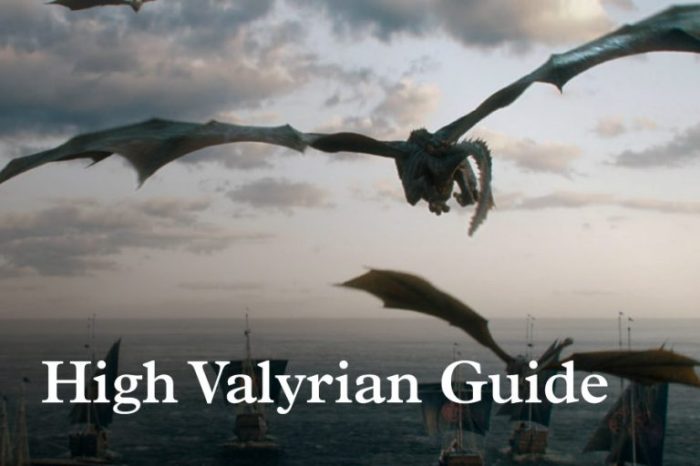
In Valyrian literature, “my love” is a ubiquitous term of endearment that permeates various genres, including poetry, songs, and prose.
In poetry, “my love” serves as a poignant expression of affection and longing. Poets often employ it to convey the depth of their emotions, as seen in the following excerpt from a love poem:
“My love, your eyes shine like the morning star,Guiding me through the darkest night.”
In songs, “my love” becomes a melodic refrain, echoing the singer’s adoration and devotion. Folk songs, ballads, and love sonnets frequently incorporate this phrase, creating a sense of intimacy between the performer and the audience.
In prose, “my love” assumes a more nuanced role, depending on the context. In historical accounts and chronicles, it may appear in formal letters and treaties, expressing respect and admiration. In romantic novels, it becomes a tender and intimate term whispered between lovers.
Poetic Expressions
- In love poems, “my love” often appears as a vocative, directly addressing the beloved. This creates a sense of immediacy and connection between the speaker and the object of their affection.
- Poets also use “my love” in metaphors and similes, comparing their beloved to celestial bodies, natural wonders, and precious objects.
- Some poems employ repetition of “my love” to emphasize the intensity and unwavering nature of the speaker’s emotions.
Musical Expressions
- In songs, “my love” frequently appears in the chorus or refrain, creating a memorable and catchy melody.
- Songwriters may use “my love” as a term of endearment or as a way to express their admiration and appreciation for the person they love.
- Folk songs often incorporate “my love” into traditional lyrics, passing down expressions of love through generations.
Prose Expressions
- In prose, “my love” can take on a more formal or informal tone, depending on the context.
- In historical accounts, “my love” may be used in letters between rulers or in treaties, conveying respect and admiration.
- In romantic novels, “my love” becomes a tender and intimate term used between lovers, expressing their deep affection for each other.
Variations and Nuances in Expression
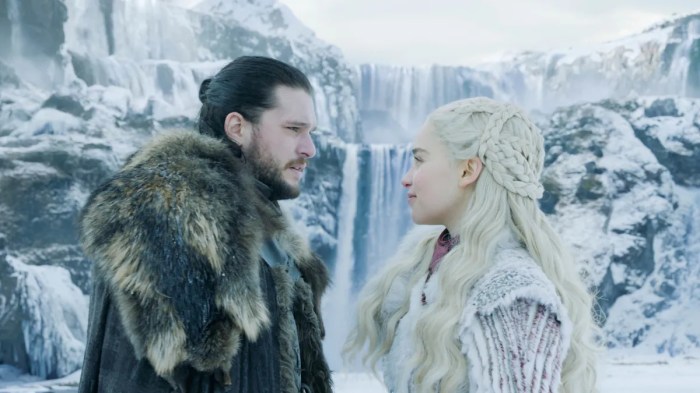
In High Valyrian, the expression of “my love” is not limited to a single phrase. There are several variations, each conveying different nuances and shades of meaning.
Possessive Form
The most direct and possessive form of expressing “my love” in High Valyrian is ” jyki jorrāelagon“. This phrase literally translates to “my beloved one” and emphasizes the speaker’s ownership and attachment to the loved one.
Adjective Form
Another variation is the adjective form ” jorrāelagon“, which means “beloved” or “dear”. This form is often used in a more general sense, expressing affection or fondness without the possessive connotation.
Diminutive Form
For a more affectionate and intimate expression, the diminutive form ” jorrāeli” is used. This term translates to “my little beloved” and conveys a sense of endearment and tenderness.
Poetic Form
In Valyrian literature, poets often employ a more elaborate and poetic form of expressing “my love”. These phrases are often metaphorical and evoke a sense of passion, longing, or devotion.
Comparison with Other Languages
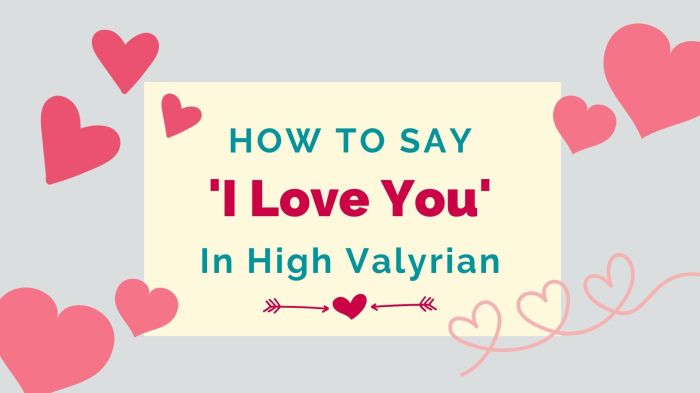
The expression of “my love” varies across languages, reflecting cultural nuances and linguistic differences.
Dothraki
In Dothraki, the language spoken by the nomadic horse lords of Essos, “my love” is expressed as ” khaleesi.” This term holds significant cultural weight, as it refers to the wife of a khal(warlord). It carries connotations of respect, devotion, and authority.
Common Tongue
In the Common Tongue, widely spoken throughout Westeros and Essos, “my love” can be expressed as ” my love” or ” my dearest.” These phrases convey a sense of affection and intimacy, but lack the cultural specificity of ” khaleesi” in Dothraki.
Similarities and Differences
- Vocabulary:The vocabulary used to express “my love” differs across languages, reflecting cultural and linguistic diversity.
- Grammar:The grammatical structure used to convey possession (e.g., “my”) can vary, with some languages using possessive pronouns and others using possessive adjectives.
- Cultural Significance:The expression of “my love” carries different cultural significance in different societies, reflecting social norms and values.
Key Questions Answered
What is the literal translation of “my love” in High Valyrian?
The literal translation is “my heart’s desire.”
How does the expression of love in High Valyrian reflect Valyrian values?
It emphasizes loyalty, devotion, and a deep emotional connection.
Can you provide an example of how “my love” is used in Valyrian literature?
In the epic poem “The Dance of Dragons,” the phrase is used to express the intense bond between two characters.
